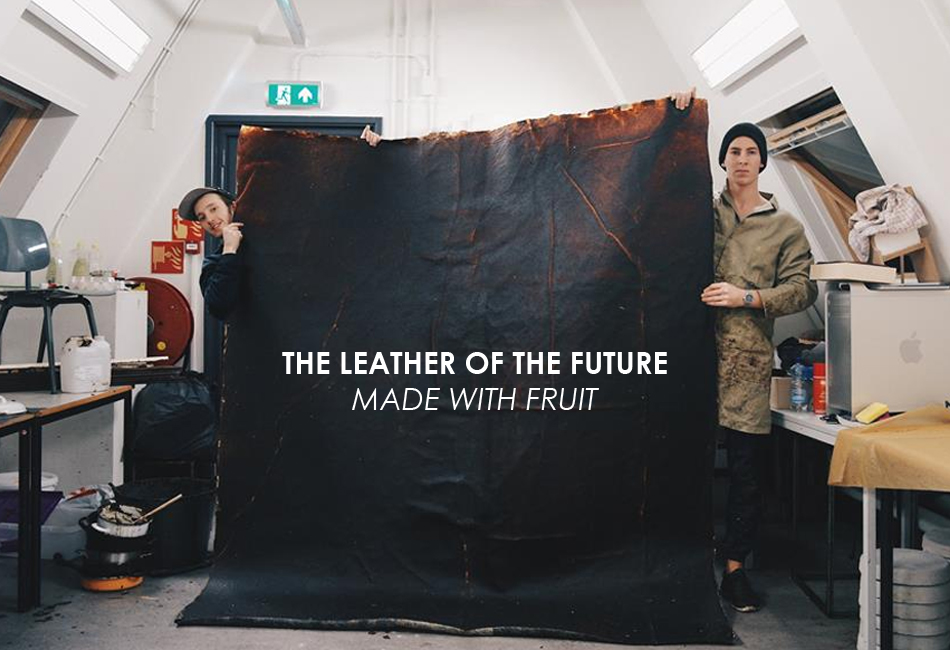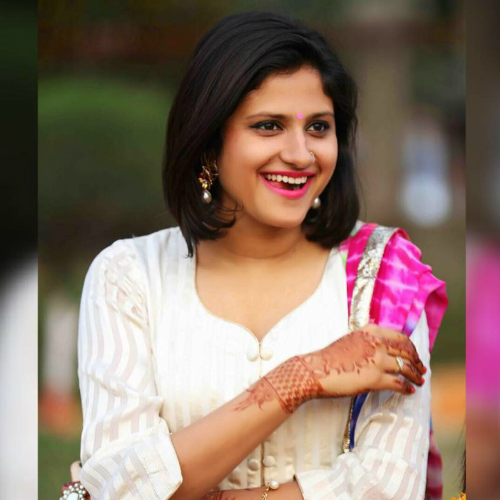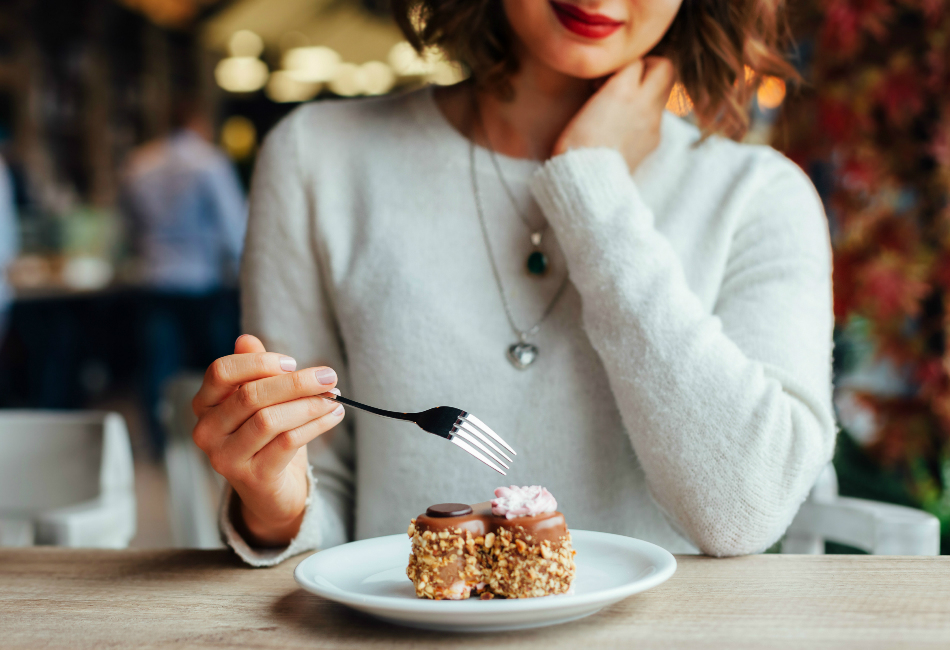Download Free Vegan Starter Kit -
.png)
Actress Sadaa reveals how she celebrated a vegan Pongal and Makar Sankranti
January 17th, 2023
The Mumbai-based actress, whose birth name was Sadaf Mohammed Sayed, grew up in the Maharashtra village of Ratnagiri. In her 20-year acting career, Sadaa has appeared in over 35 films, but she didn't make her Hindi film debut until 2009 when she starred alongside Randeep Hooda in Srinivas Bhashyam's Love Khichdi. She made her screen debut as the endearing Sujatha in filmmaker Teja's blockbuster Jayam (2002), starring the Tollywood star, Nithiin. With numerous more successful movies under her belt—including the critically acclaimed Unnale Unnale (2007), Mylari (2010), and more recently, the contentious Torchlight (2018)—Sadaa gradually turned her attention to conservation and her passion for animals.
She adopted a new identity as an advocate for animal rights, an animal rescuer, and a devoted vegan. So, it was no surprise when she became this year's brand ambassador for the Indian branch of the worldwide Veganuary movement. She offers a brief glimpse into her personal life and vegan journey.
Sadaa’s vegan journey and her take on Makar Sankranti and Pongal
“Although I have always loved animals and am very enthusiastic about caring and rescuing them, I was a meat eater until 2012. I once consumed chicken. This transformation in my life didn't start until I saved a baby chick — you know, one of those chicks you frequently see in the market, coloured in crazy vivid colours. When I spotted some kids playing with this newborn chick nearby, I decided to take it in as my own. I didn't give it much thought at the time; it was just a whim, but as it developed, I realised there was nothing special about the way this chick acted in comparison to my other pets. Cats have always been my pet. When I came to that realisation, something really hit me, and I made the decision to stop eating chicken. That was the starting point of my transition to veganism,” she explicates.
The star stated that she savoured Puran Poli, also known as Poli, Boli, Obattu, and Holigé on Makar Sankranti and Pongal as it is her favourite traditional sweet dish, and enjoyed it as usual for the occasion. She explained that Veganuary is a wonderful opportunity for us to show kindness to animals and involve them in our festivities.
Sadaa speaks of the atrocities of the dairy industry and how they were an eye-opener for her
“In 2012, India's vegan movement was just getting started. On Facebook and other social media, I came across a few videos, but they were all from western nations and had a very unrelatable western perspective. I was unable to draw a connection since, as you are probably aware, Indians continue to think that milk from dairy farms comes exclusively from cows after the calves have eaten their fill. In India, this was regarded as an unquestionable fact. The true change for me didn't occur until 2017 when I came across numerous films that exposed the truth about the Indian dairy industry, including how the calves are separated from their mothers, muzzled to prevent them from feeding, and discarded since they are useless to the industry,” she recalls.
“Every time I saw one of these videos, I was devastated because it dawned on me that going without milk wasn't all that difficult, and we were choosing to do so by removing a baby's right to breastfeed. In reality, we are severing the mother-child link altogether. Imagine a situation where a mother gives birth, you take the baby away, and as if that weren't bad enough, you also take away all the milk the mother produces for the baby. What kind of mental trauma might the mother experience if this happened year after year, during successive pregnancies, births, and calves? No creature deserves to be a mother in that way! I took this very seriously,” she rues.
When Sadaa ceased to consume dairy products
“I clearly recall it being National Milk Day on November 26, 2017, that exact evening, when I decided to stop consuming any dairy products and become a wholly vegan. It was a swift, impulsive, overnight choice that was made with great conviction. That's it; I won't eat dairy or anything dairy-related. At that point, I didn't even bother looking for alternatives; I just knew that this was the proper course to take. Now five years have passed, and there has been no turning back. I did make the transition to a vegan lifestyle, and I have no regrets about it.”
The actress’s vegan diet
Many people believe that adopting a vegan lifestyle in India or anywhere else in the globe entails sacrificing food preferences, and Sadaa frequently get asked, "As a vegan, what do you ever get to eat?" But most people don't realise that our typical dal, rice, vegetables, and roti is already vegan if you only omit the ghee tadka, making it entirely vegan. So much so that if you just omit any dairy products—ghee, curd, milk, cheese, paneer, butter, or buttermilk—the majority of vegetarian food in India is vegan. “Sure, I might have to pass up upscale, exquisite Indian desserts made with dairy, but that's good; I don't feel like I am losing out on anything; in fact, I feel great on vegan food. Without the ghee, even puran poli is entirely vegan.”
How a plant-based lifestyle supports the quest for good health
She touches upon how many people adopt a vegan diet to aid in the treatment of illnesses and disorders that are known to be exacerbated by and frequently directly linked to the eating of meat and dairy. For instance, dairy consumption directly aggravates your acne, digestive problems, and PCOS. The rise in contamination in dairy and meat is also aggravating conditions including cancer, diabetes, and thyroid. Natural methods of obtaining dairy or meat will never be able to satisfy demand because of how high it is. As a result, unethical techniques are being employed to enhance the output of dairy and meat. “And if we consume dairy or meat, these approaches—which might range from questionable methods of caring for the cattle to the use of antibiotics, among other things—have negative impacts on our bodies. After going vegan for around six months, the first thing I noticed was that my acne had disappeared. It was a terrible vicious cycle when I had acne; I had to go see dermatologists every month, where I would be given antibiotics, birth control pills, and hormone monitoring.
“I would have to visit a dermatologist once more if I stopped taking the medications, even for a short period of time, as the acne would return in a week or two. But as soon as I stopped eating dairy, it began to go down on its own, without my knowledge. My acne started to lessen in frequency and eventually vanished altogether. And lately, even on days where my hormones are all over the place, I've had beautiful skin.”
How a plant-based changed her life
“I'm not sure if the diet change has helped my hair, but it has made it healthier, and my digestion is also much better. Knowing that I'm not also supporting the exploitation of other sentient beings has undoubtedly had an impact. There are a lot of people who make fun of me and say things like, "How can you be vegan when you're breathing microorganisms, eating insects without realising it, or killing them unintentionally?" Yes, they are entirely correct. In no way is living a vegan lifestyle ideal.
But veganism is the most ethical way of living, when you consciously reject anything that results from the oppression of other sentient beings,” she concludes.
AUTHOR

trending
2.png)
Be a Vegan First Informer
Send us buzzworthy news and updates
Explore
Contact Us
About Us
Stay Connected
Copyright ⓒ 2017-2023. VEGAN PASSION PRIVATE LIMITED. All Rights reserved.
For more information, please write to hello@veganfirst.com
Registered Office Address: 55, 2nd floor, lane 2, Westend Marg, Saidullajab, Near Saket Metro Station, New Delhi, Gadaipur, New Delhi South West Delhi, DL

2.png)

.png)
.png)
2.png)
2.png)


1.png)

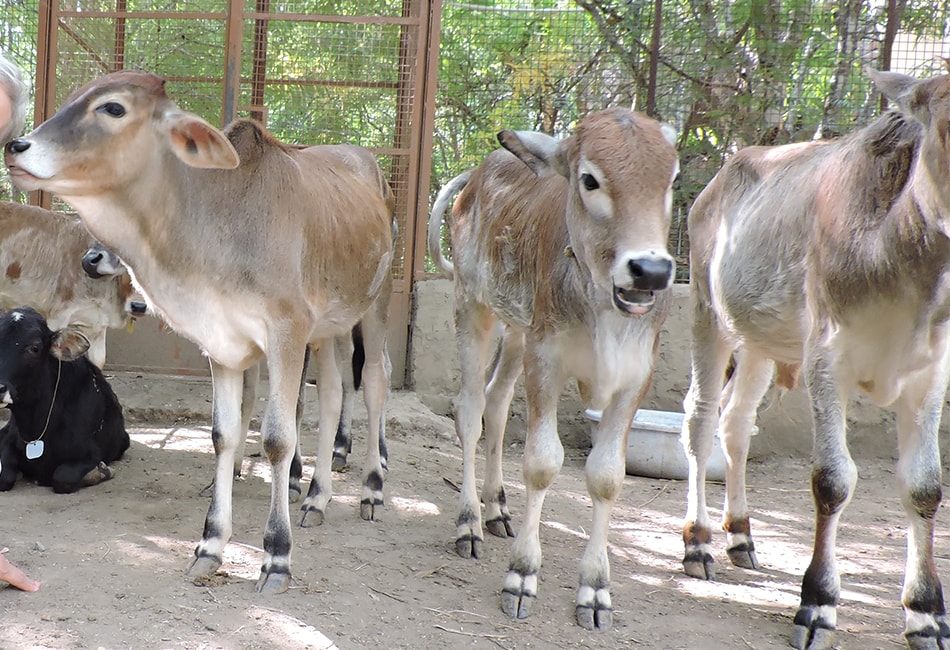
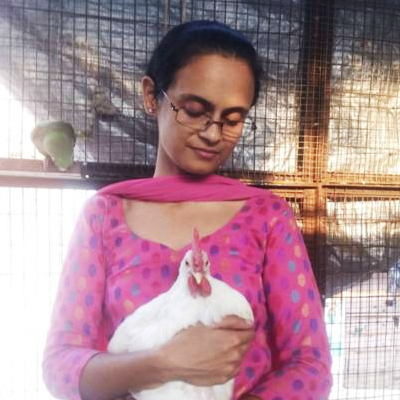

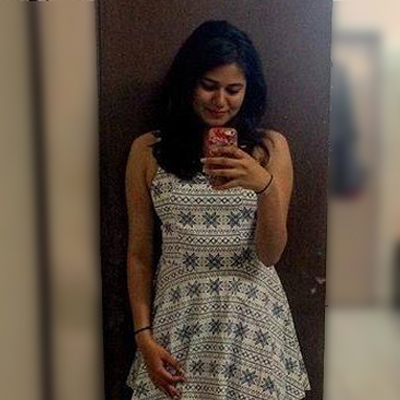
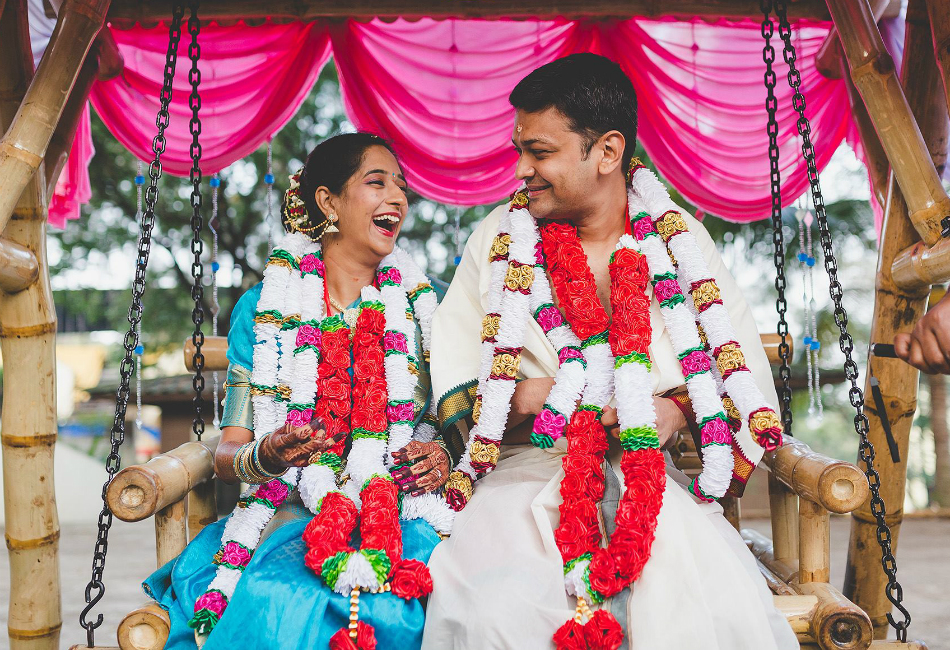
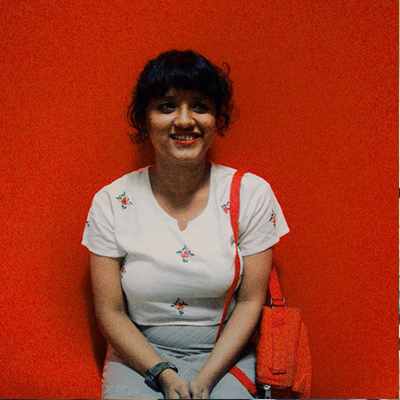
3.png)
